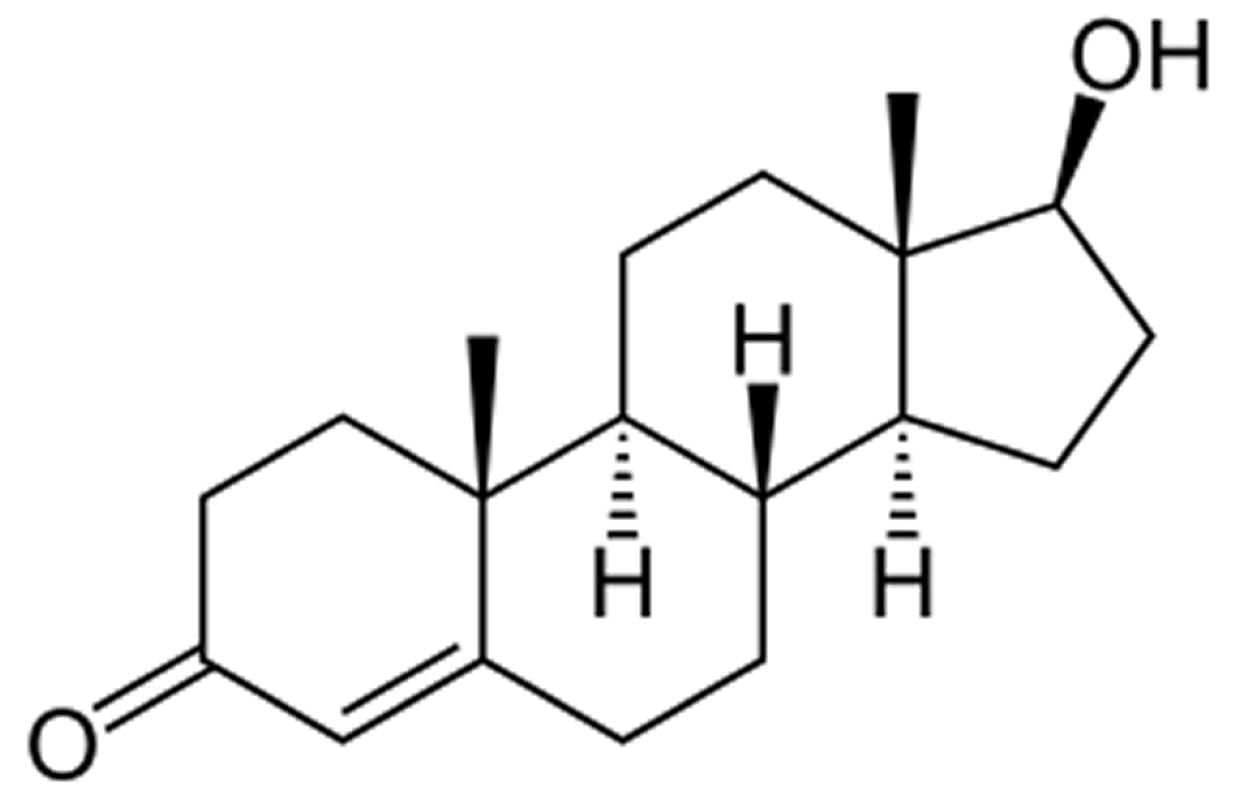Summary: Contrary to popular belief, a new study reveals higher levels of testosterone may make people more sensitive to moral norms.
Source: UT Austin
Although some studies have linked high levels of testosterone to immoral behavior, a new study published in Nature Human Behaviour finds testosterone supplements actually made people more sensitive to moral norms, suggesting that testosterone’s influence on behavior is more complicated than previously thought.
Researchers at The University of Texas at Austin took a deeper look at the hormonal underpinnings of moral reasoning. Previous research has investigated moral judgment on the basis of behavioral responses and brain activity, but the current study goes beyond this to analyze the role of deep-seated biological factors, particularly testosterone.
“There’s been an increasing interest in how hormones influence moral judgments in a fundamental way by regulating brain activity,” said Bertram Gawronski, a psychology professor at UT Austin. “To the extent that moral reasoning is at least partly rooted in deep-seated biological factors, some moral conflicts might be difficult to resolve with arguments.”
The researchers borrowed the paradigm of philosophy’s trolley problem to test the influence of the hormone testosterone on moral judgments. In the problem, a runaway trolley will kill five people unless someone chooses to pull a lever, redirecting the trolley to another track, where it will kill one person instead.
Instead of the trolley problem itself, the researchers used 24 dilemmas associated with real-life events to simulate a situation that pits utilitarian decisions, which focus on the greater good (saving a large group of people) against deontological decisions, which focus on moral norms (avoiding action that would harm someone).
Prior studies on how hormones influence moral judgment suggest that higher levels of testosterone are associated with stronger utilitarian preferences. So, the researchers put the hypothesis to the test in a double-blind study that administered testosterone to a group of 100 participants and a placebo to another 100 participants.
“The study was designed to test whether testosterone directly influences moral judgments and how,” said Skylar Brannon, a psychology graduate student at UT Austin.
“Our design also allowed us to examine three independent aspects of moral judgment, including sensitivity to consequences, sensitivity to moral norms and a general preference for action or inaction.”
Unlike previous studies where heightened testosterone was linked to utilitarian judgments, the researchers were surprised to find that those who received testosterone supplements were less likely to act for the greater good and instead became more sensitive to moral norms. However, participants with high levels of naturally occurring testosterone showed the opposite, making judgments that were less sensitive to moral norms.

The study’s authors think naturally occurring testosterone may be associated with certain moral judgments because people with particular personality traits tend to have different levels of testosterone. For example, people with high levels of psychopathy tend to have high levels of naturally occurring testosterone and exhibit lower sensitivity to moral norms. But this does not mean that testosterone is the cause of psychopaths’ insensitivity to moral norms. If anything, testosterone seems to have the opposite effect, increasing people’s sensitivity to moral norms, as found in the current study.
“The current work challenges some dominant hypotheses about the effects of testosterone on moral judgments,” Gawronski said. “Our findings echo the importance of distinguishing between causation and correlation in research on neuroendocrine determinants of human behavior, showing that the effects of testosterone supplements on moral judgments can be opposite to association between naturally occurring testosterone and moral judgments.”
Source:
UT Austin
Media Contacts:
Rachel Griess – UT Austin
Image Source:
The image is in the public domain.
Original Research: Closed access
“Exogenous testosterone increases sensitivity to moral norms in moral dilemma judgements”. Skylar M. Brannon, Sarah Carr, Ellie Shuo Jin, Robert A. Josephs & Bertram Gawronski.
Nature Human Behaviour. doi:10.1038/s41562-019-0641-3
Abstract
Exogenous testosterone increases sensitivity to moral norms in moral dilemma judgements
Moral dilemma judgements frequently involve decisions where moral norms and the greater good are in conflict. The current preregistered study tested the effect of the steroid hormone testosterone on moral dilemma judgements using a double-blind administration of testosterone or placebo. Counter to predictions, testosterone administration led to increased inaction in moral dilemmas where harmful actions prohibited by moral norms increase overall well-being. Using a mathematical model to disentangle sensitivity to consequences, sensitivity to moral norms and general preference for inaction versus action, analyses further revealed that testosterone administration influenced judgements by increasing sensitivity to moral norms. Exploratory analyses suggested the opposite pattern for endogenous testosterone measured at baseline, in that higher levels of endogenous testosterone were associated with lower sensitivity to moral norms. The results indicate that the role of testosterone in moral judgements is more complex than suggested by previous findings.






